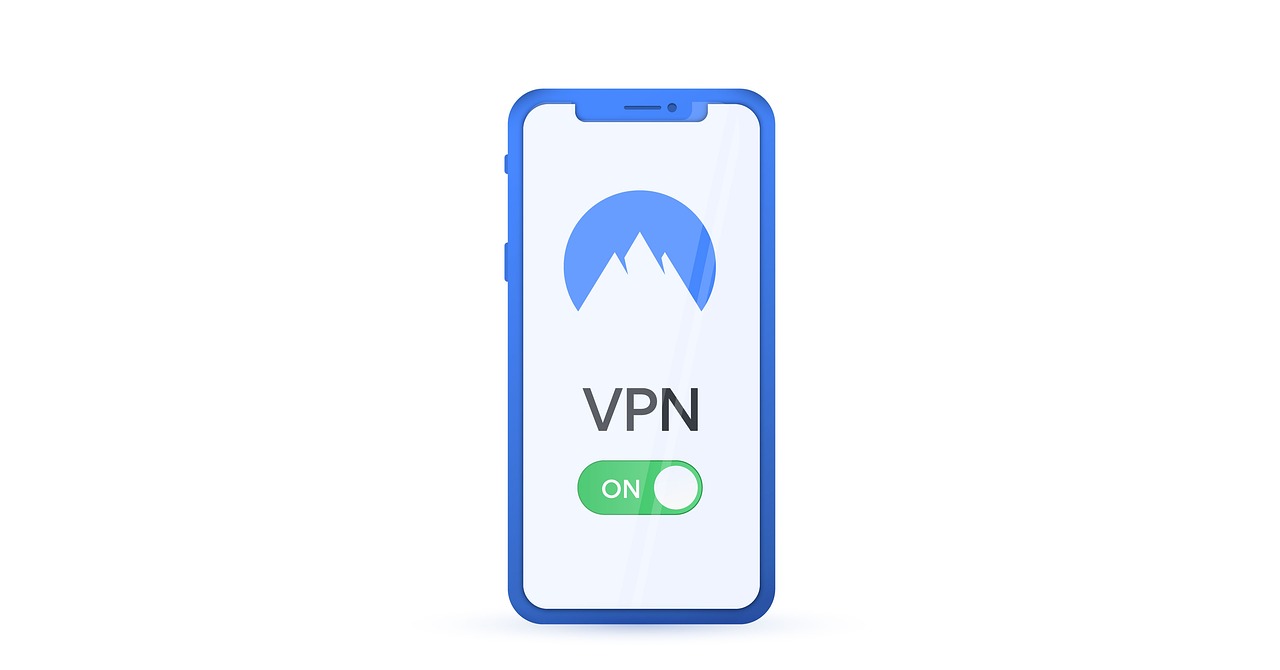Virtual Private Networks (VPN) are a popular tool used to improve the security and privacy of Internet connections. However, many users are concerned that using a VPN will result in slower internet speeds. In this article, we'll delve into the impact of VPN on Internet speeds to help you better understand the issue and offer some advice on how to minimize the speed impact.

First, what is a VPN?
First, let's briefly review what a VPN is and how it works.A VPN is a tool that routes your Internet connection from your device to a remote server through encryption and tunneling technology. This makes it appear that your Internet traffic is coming from the geographic location where that server is located, rather than your actual location.The main features of a VPN include:
① Privacy: A VPN hides your IP address, making your online activity harder to track.
② Enhanced Security: VPN use encryption to protect your data from being intercepted by hackers or spies.
③ Bypass geographic restrictions: By connecting to servers located in other countries or regions, VPN allow you to access restricted content.
Second, does a VPN affect internet speed?
Yes, using a VPN usually affects internet speeds to some degree, depending on a variety of factors. Here are the main factors that affect VPN speeds:
① Server distance: The distance between the VPN server you connect to and your physical location is a key factor. Typically, servers that are farther away result in higher latency and slower internet speeds. Choosing a server that is closer will usually minimize the speed impact.
② Server Load: The VPN provider's server load also affects the internet speed. If there are too many users on a server, it may cause congestion, which can slow down the speed. Choosing a less congested server can increase the speed.
③ Encryption level: Encryption is important to keep your data safe, but it can also increase processing time. Stronger encryption usually leads to greater speed drops. Some VPN providers allow you to choose the level of encryption to find a balance between speed and security.
④ Internet speed: Your original internet speed can also affect the speed after using a VPN. If your internet connection is already slow, using a VPN may slow it down further.
⑤ VPN protocol: Different VPN protocols have different effects on speed. For example, the WireGuard protocol is usually faster than the traditional OpenVPN protocol. If you are concerned about speed, choose a VPN service provider that supports faster protocols.
⑥ ISP Restrictions: Some Internet Service Providers (ISPs) may restrict or interfere with VPN connections. This may result in reduced speeds or an unstable connection. In this case, you can try using the VPN's obfuscation mode or find an ISP that supports VPN.
Third, how can I minimize the speed impact of a VPN?
Although VPN may affect the internet speed to a certain extent, there are some measures you can take to minimize the impact:
1. Choose a server that is close by: Try to choose a server that is physically close to your location to minimize latency.
2. Choose a high-performance VPN provider: Some VPN providers specialize in providing faster services and usually specify their speed performance on their official website.
3. Reduce the encryption level: If your main concern is speed, you can try to reduce the encryption level. Note, however, that this may come at the expense of some security.
4. Use faster protocols: Choose a VPN service provider that supports faster protocols, such as WireGuard.
5. Avoid peak hours: Network congestion may be worse during peak Internet hours. If possible, avoid using a VPN during these times.
6. Optimize your local network: Ensure that your local network settings and devices are performing well to minimize the speed impact of a VPN.
To summarize
Using a VPN will usually have some impact on internet speeds, but this can be minimized by choosing the right server, VPN protocol and provider. For most users, the privacy and security benefits of a VPN far outweigh the reduction in speed. When choosing a VPN, consider your needs and weigh the relationship between speed and security to find the best solution for you. Regardless, VPN remain an important tool for protecting online privacy and data security.
 E-posta
E-posta